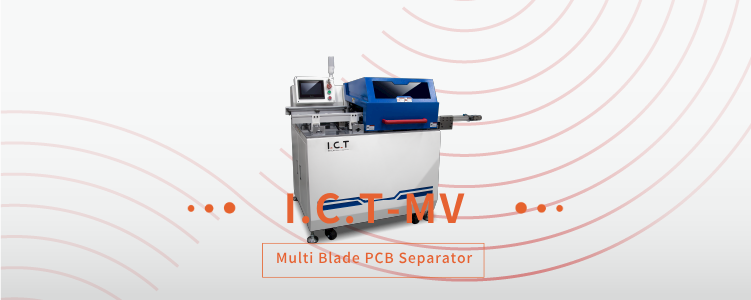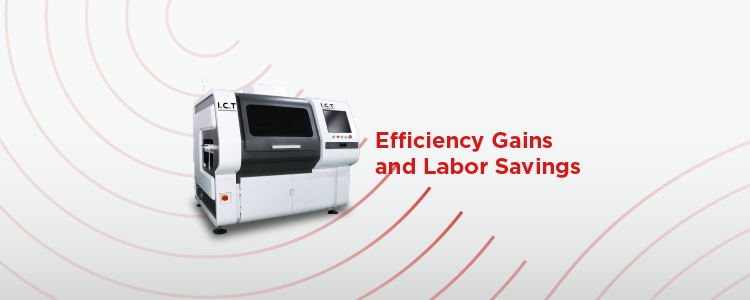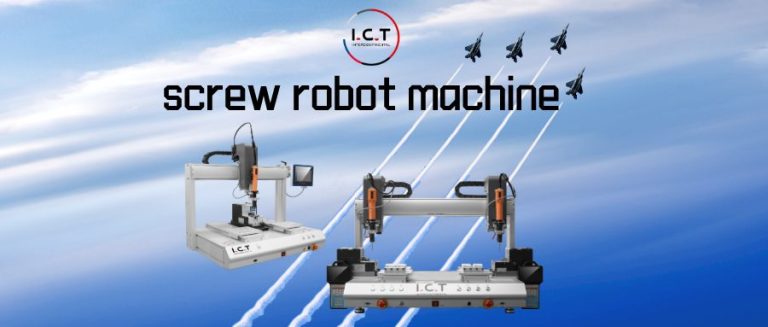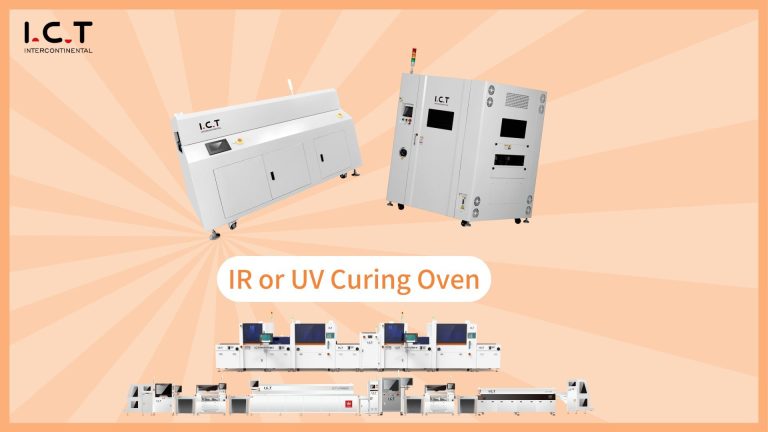Selective Soldering vs. Traditional Methods: A Comprehensive Comparison
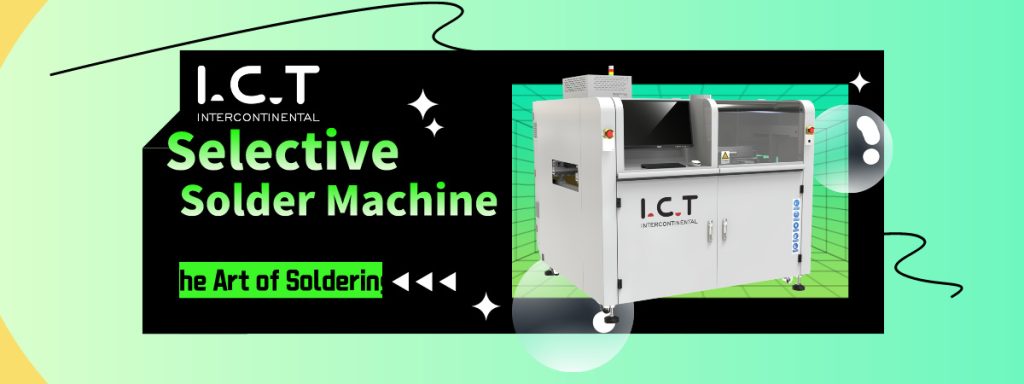
Selective soldering machines have revolutionized the realm of soldering by offering targeted and precise soldering solutions, particularly advantageous over traditional wave soldering and surface mount technologies. This article delves into the comparative analysis of selective wave soldering versus traditional methods, highlighting their respective strengths and weaknesses in various scenarios.
Table of Contents
How has soldering technology evolved in recent years?
Soldering, as a fundamental process in electronic manufacturing, has undergone significant evolution with the advent of selective soldering machines. Traditional methods such as wave soldering and reflow soldering have long been the go-to techniques, but with the demand for greater precision and flexibility, selective wave soldering has emerged as a viable alternative.
Can Selective Soldering Deliver Precision and Flexibility?
Selective soldering machines excel in scenarios where precision and flexibility are paramount. Unlike traditional methods that subject entire circuit boards to high temperatures, selective wave soldering allows for targeted soldering, minimizing heat exposure and preventing damage to sensitive components.
What Specialized Needs Can Soldering Address?
One notable advantage of selective wave soldering machines is their ability to cater to specialized requirements efficiently. For instance, in the assembly of products with delicate components like LCD screens, traditional methods may pose challenges due to the inability of these components to withstand high temperatures. Selective soldering machines offer a solution by providing precise control and adaptability to varying component configurations.
DIP Component Assembly
In situations where DIP components are situated within confined spaces, selective soldering machines shine due to their unparalleled flexibility. These machines can navigate intricate layouts, allowing for individual soldering of components even in constrained environments where traditional methods may prove impractical.
How Do Soldering Methods Compare?
When comparing selective wave soldering machines with traditional methods, several key factors come into play, including precision, adaptability, and efficiency.
Precision
Selective wave soldering machine, such as I.C.T Selective Soldering Machines, are renowned for their precision. Unlike traditional wave soldering systems that rely on uniform flux application, selective wave soldering machines offer customizable flux spraying, ensuring precise and tailored application according to specific requirements. This high level of precision enables the soldering of intricate components with utmost accuracy, a feat that traditional methods may struggle to achieve.
Adaptability
Another area where selective soldering machines outshine traditional methods is adaptability. These machines can easily adapt to varying component configurations and layouts, offering greater flexibility in assembly processes. In contrast, traditional methods often face limitations in accommodating complex designs, leading to inefficiencies and compromises in soldering quality.
Efficiency and Cost-effectiveness
While selective soldering machines offer unparalleled precision and adaptability, their efficiency and cost-effectiveness compared to traditional methods warrant consideration. While the initial investment in selective soldering equipment may be higher, the long-term benefits in terms of reduced rework, improved soldering quality, and enhanced productivity often outweigh the upfront costs. Additionally, selective wave soldering minimizes material wastage and energy consumption, contributing to overall cost savings in the long run.
Conclusion
In conclusion, selective soldering machines represent a significant advancement in soldering technology, offering precise, flexible, and efficient solutions compared to traditional methods. While each approach has its merits and limitations, selective soldering emerges as the optimal choice for industries requiring high precision and adaptability in electronic assembly processes. As technology continues to evolve, selective soldering is poised to play an increasingly vital role in meeting the demands of modern manufacturing practices.
If you want to know how to choose welding, please fill in your requirements and we will contact you as soon as possible to give you a quotation.
